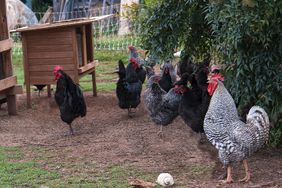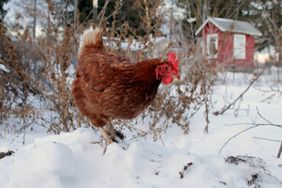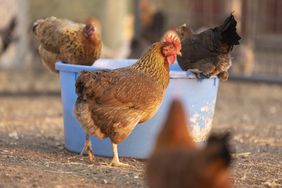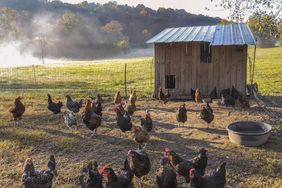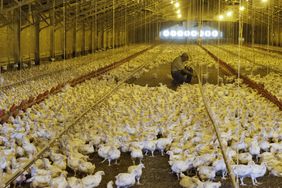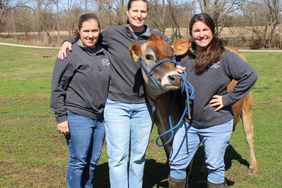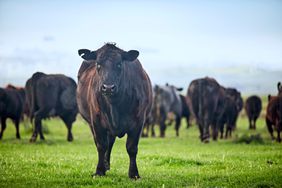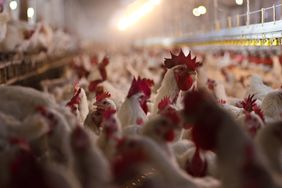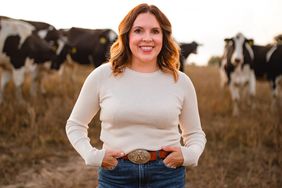:max_bytes(150000):strip_icc()/hatchchick-2-c127c8f54ec7471cb014680da986b5c9.jpg)
In difficult economic times, many people consider purchasing chickens as part of their domestic safety net. Raising chickens, however, is distinctly different than stocking up on food storage or bottled water.
David Frame is a Utah State University Extension poultry specialist and DVM. He says chickens are living, breathing beings that need special care and TLC.
"As a veterinarian, I often see birds that are not properly taken care of, even in stable economic conditions. However, most of this is simply due to lack of knowledge and not from willful neglect," says Frame.
If you are contemplating purchasing and raising chicks, never buy them and then try to decide what to do with them. Frame offers eight important points to consider BEFORE making your purchase.
1. Check with local ordinances and HOAs regarding raising poultry to make sure it's feasible where you live.
2. Research, purchase, and set up all proper equipment beforehand. Chickens cannot regulate body temperature for the first three to four weeks of life, and a proper heat source is imperative. Know about all equipment and feed requirements before you make your purchase.
3. Purchase your chicks from National Poultry Improvement Plan (NPIP)-certified sources only. This certification requires rigorous testing of breeder flocks to assure the purchaser that the chicks are free of devastating egg-transmitted diseases. Most commercial wholesalers who sell to reputable feed store chains are NPIP-certified.
4. Be sure you have adequate outdoor space and shelter for the young chickens once they have fully feathered and are moved out of the brooder.
5. Provide plenty of clean, fresh water at all times, and be sure to feed your chickens a nutritious diet based on appropriate commercial feed.
6. Provide them with protection from rats, mice, raccoons, skunks, and other varmints.
7. Be a good neighbor. Make sure that your chickens are confined to your yard and are not getting into neighbors' yards or gardens.
8. Practice social distancing with your flock of chickens. (That's a modern term for biosecurity.) This includes protecting your chickens from transmissible diseases by keeping wild birds out of the coop and not adding additional chickens of unknown health status to your flock. Wash hands and disinfect before and after gathering eggs, do not keep chickens in the house, and do not let neighbors and others come to see your chickens. As of current research, COVID-19 is not a problem in chickens; however, there are other diseases that chickens specifically can contract that are of concern.
david.frame@usu.edu, 435-851-2233
